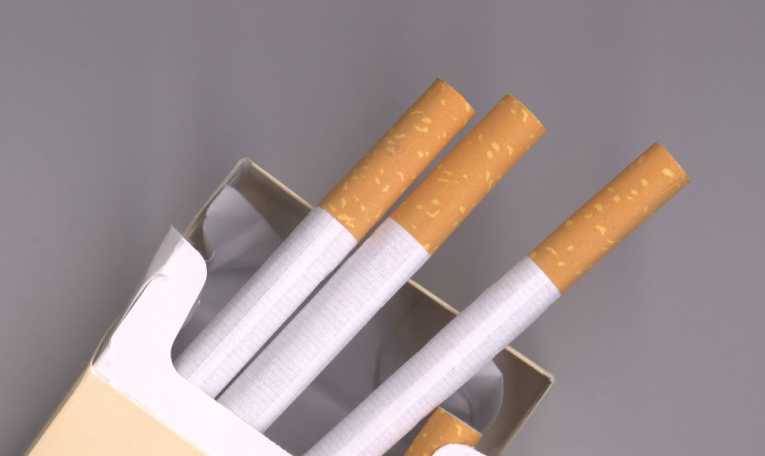In Punta del Este, Uruguay this month the World Health Organisation Framework Convention on Tobacco Control (WHO FCTC) gathered to discuss the world's tobacco industry. The Conference agreed on a number of strategies to reduce tobacco consumption. But what many of the world's smokers estimated 1.7 billion smokers (and the 82,000 and 99,000 who start smoking every day) don't realise is that tobacco products and their production pose a serious threat not just to their own health but to that of the whole planet.
Tobacco is a major commercial crop, grown in over 100 countries, many of these are low-income countries and rely heavily on the trade income from tobacco production. Unfortunately, the process by which a tobacco leaf becomes a cigarette, cigar or plug of chewing tobacco has been found to be extremely damaging to the environment.
Tobacco, like many large scale commercial crops, is extremely prone to pests and diseases including numerous varieties of nematode which attack the crops roots and viruses such as the notorious tobacco mosaic virus. In an attempt to control this problem tobacco growers rely heavily on a number of fertilisers, herbicides and pesticides. Tobacco producers' use of these chemicals is so intense that in the crop's three-month growing period it may receive as many as 16 applications of agrochemicals. These chemicals frequently leach into the local soil and pollute the water supply.
There is also concern among scientists that the use of these chemicals, such as aldicarb (considered to be one of the most toxic agrochemicals in use today) and chlorpyrifos, may be contributing to the development of chemically resistant pests. In areas severely affected by insect-borne diseases such as malaria this has severe public health implications.
Tobacco production is also a major contributing factor to deforestation in a number of regions. The raw tobacco crop, when first harvested, needs to be preserved before it can be stored and processed into tobacco products. This is usually done by flue curing: passing hot air through the harvested leaves. In tobacco producing regions the heat needed is produced by burning local wood. In Malawi, for example, needs to cure around 35 000 tonnes of it's tobacco harvest every year. In order to cure just one tonne they need around 12 cubic metres of wood. Globally, each year it's thought that 200 000 hectares of forest is used for tobacco production. This amounts to around 1.5% of the global net forest loss.
In response to this loss of forested areas the tobacco industry has tried to encourage its farmers to grow the trees needed alongside their tobacco crop. In Kenya, plantations planted under the supervision of British American Tobacco used non-native, fast growing trees such as the eucalyptus. Unfortunately, these fast growing trees required larger volumes of water than local species and during the 2009 drought that affected the region farmers were encouraged to remove eucalyptus trees in an attempt to save the country's dwindling water supply.
Tobacco continues to be a problem for the environment after it's been turned into the final consumer product. Cigarettes produce a huge volume of waste, in 1996 a study of trash collected in 43 states in the USA concluded that 20% came from cigarette butts. Many cigarettes are not disposed of responsibly and discarded cigarettes find their way into rivers, streams and oceans. The chemicals in cigarettes, including nicotine, are known to be toxic to some marine species. 2003's International Coastal Clean Up Day found cigarette litter (including cigarettes and paraphernalia such as lighter and wrappers) to be the single largest source of debris with 1.922 million items counted (29.5% of the total).
Discarded cigarettes are a frequent cause of forest fires; including the world's worst forest fire. In 1987 a fire, believed to have been started when workers in the region discarded their cigarette butts into the arid forest, raged through China's Daxinganling Heilongjiang Province. 300 people were killed, 5000 made homeless and a staggering 1.3 million hectares of forest was destroyed.
While the WHO FCTC, quite rightly, focuses on the danger posed to public health by the tobacco industry, it's important for international organisations and national groups to also appreciate the risks to the environment from tobacco production. The ultimate aim of these groups is to persuade people to not use tobacco and to provide alternative sources of income to those who currently rely on tobacco production to survive. Hopefully, their success will also help reduce the damaging impact this crop has on the environment.










